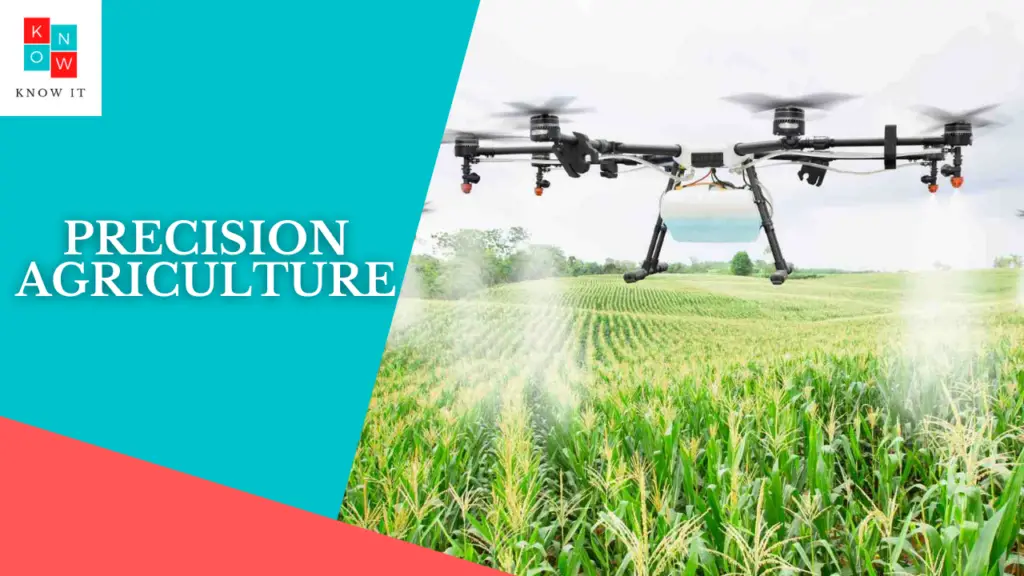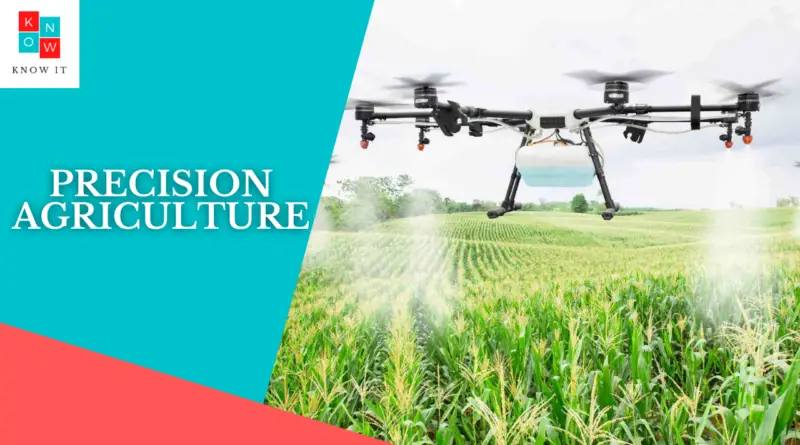How Artificial Intelligence is Revolutionizing Precision Agriculture
Artificial Intelligence is revolutionizing the agricultural industry by providing precision farming and crop management solutions. This is a huge change for farmers and it will take some time for them to adjust.
AI-powered agriculture can help farmers to increase their yield on crops, reduce the amount of water they need, and increase their crop diversity. It can also help farmers to make use of data collected from sensors in the field to better manage their farms.
What is Precision Agriculture?
Precision agriculture is a way of farming that uses information and technology to increase the efficiency of farms. It includes the use of GPS, sensors, drones, and other technologies to make farming more efficient.
Many farmers are using precision agriculture methods because it helps them to increase yield and reduce labour costs. Farmers can also use these methods to help with farming in areas that have been damaged by natural disasters.
The most important reason for farmers to implement these technologies is because they can make their farms more sustainable. They can use these methods on a large scale and produce higher yields with less input from human labour.
Why Farming Has Turned to Precision Agriculture
Precision agriculture is an advanced farming technique that uses a wide range of technology to improve productivity and sustainability.
The use of AI and robotics has led to the development of high-tech farming equipment. This includes tractors, harvesters, planters, sprayers, and other farm machinery. These machines are controlled by computer systems that can be programmed with complex instructions.
The term “precision agriculture” was coined in the late 1990s as a response to the need for more precise control over crops and land use. The term is used more broadly now to describe a wide range of technologies that can be applied in farming practices. The goal is to increase efficiency and reduce environmental impact on farms through better planning, increased crop yields, reduced soil erosion, and improved water quality management.

What are the Steps in Developing a Precision Agriculture System?
Precision agriculture is an advanced farming technique that uses a wide range of technology to improve productivity and sustainability.
The use of AI and robotics has led to the development of high-tech farming equipment. This includes tractors, harvesters, planters, sprayers, and other farm machinery. These machines are controlled by computer systems that can be programmed with complex instructions.
The term “precision agriculture” was coined in the late 1990s as a response to the need for more precise control over crops and land use. The term is used more broadly now to describe a wide range of technologies that can be applied in farming practices. The goal is to increase efficiency and reduce environmental impact on farms through better planning, increased crop yields, reduced soil erosion, and improved water quality management.
What are the Steps in Developing a Precision Agriculture System?
Precision agriculture is a system that uses artificial intelligence to increase crop yield and efficiency. It is the application of science, engineering, and technology to create systems that take advantage of plant genetics, soil characteristics, weather patterns, and other factors.
The following are the steps in developing a precision agriculture system:
- Identify the problem
- Develop a hypothesis
- Conduct research
- Design an experiment
- Analyze data
- Draw conclusions
- Develop recommendations for future improvements
What is AI Technology & How Can it Aid in Precision Agriculture?
AI technology is a subset of artificial intelligence. It is used in many different fields such as marketing, finance, healthcare and more. Precision agriculture is one of the fields that can benefit from AI technology.
AI technology has the potential to enhance precision agriculture by providing insights on how to improve farming practices through data analysis and machine learning. It can help farmers make better decisions about their crops and increase yield while reducing cost and environmental impact.
The Benefits of AI Technology for Precision Agriculture
AI technology is predicted to change the face of agriculture in the future. It can help farmers increase crop yield and reduce the cost of production.
The following are some benefits of AI technology for precision agriculture:
- AI technology can help farmers increase crop yield and reduce the cost of production.
- AI technology can be used to help farmers make more informed decisions about their crops, such as how much fertilizer to use, when to plant, etc.
- AI technology helps farmers learn about new crop varieties that are currently being tested in research laboratories.
How to Implement Precision Agriculture Using AI Technologies
AI-powered precision agriculture software can help farmers make decisions on when to plant, what to plant, and how to grow crops.
Companies like Monsanto and Precision Planting are using AI to help farmers make decisions on when to plant, what to plant, and how to grow crops. They use the data they collect from sensors in the field and combine it with historical weather data. Through this process, they can predict the best time for planting crops based on their needs.
The software is also used by farms that want a more efficient way of managing their crop rotation schedules or want a better way of controlling.
Why Global Agrochemicals are Entering the Age of AI and Automation
What Are Some Predictions for the Future of Precision Agriculture?
Some of the predictions for the future of precision agriculture are that it will be more accessible, more affordable and more efficient.
The future is bright for precision agriculture. It is predicted that it will continue to grow in popularity and become a staple in the agricultural industry, as well as other industries such as farming, horticulture, and even personal gardens.



